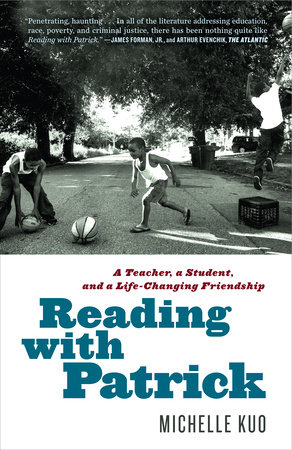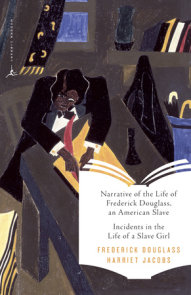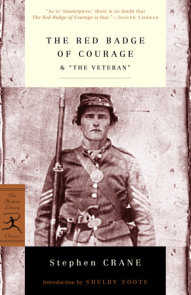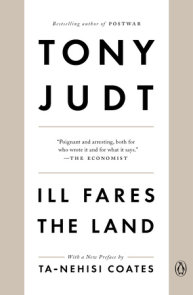READERS GUIDE
Questions and Topics for Discussion
1. What challenges do rural areas such as the Arkansas andMississippi Deltas face, and how are they different from urbanareas? Why do you think we hear so little about rural education,employment, and crime in the news? Why do they getunderresearched and underreported?
2. Can the classroom protect students from the deprivationoutside of it? Can it further that deprivation? How do Michelle’s experiences confirm or challenge your ideas about the transformative power of the classroom?
3. How is reading alone different from reading together? Considerexperiences you’ve had being read to or instances whereyou’ve read to others.
4. What does poetry do that other texts can’t? Consider the “I Am” poem in school and poetry in the county jail.
5. What changes do you see in Michelle as a teacher? How would you compare her individual lessons with Patrick to hertime as a formal teacher?
6. Patrick is a stranger when Michelle meets him, but overtime she begins to feel an ethical responsibility for his life.Why? Does she owe him anything? Why does she think shedoes, and how does he respond?
7. Michelle and Patrick ask each other their favorite lines fromliterature. Why does this act of sharing open up conversationbetween them? What are some of your favorite lines from thebook? (This can include lines from the poetry and books thatthey read together.)
8. Patrick does not blame his circumstances for his hard life.Michelle clearly does. What do you make of their disagreement?Would you have tried to convince him otherwise?
9. Among other histories, we witness passages on migration,rural organizing of Back-to-Africamovements, and violencein the Arkansas Delta. How do these historical scenes help usto make sense of the memoir’s present-daycircumstances andevents?
10. This book is as much an Asian American story as it is anAfrican American story. How does being Asian American helpexplain Michelle’s choices, including the decision to go to theDelta and the decision to leave?
11. Can two people who have a radical power difference everconnect through a genuine feeling of equality? Michelle questionsthis idea, except for in one instance: when they read together.Why would literature, or any kind of art, open up thatpossibility of experiencing equality with one another? Andwhy would she call that experience “fleeting”?
12. Michelle could have ended on the optimistic note of Part 3,where, after intensive daily work together, Patrick has becomea writer of exquisite sentences and a sophisticated reader. Butshe doesn’t. We are told that life after prison for Patrick—findinga job, feeling at home in the Delta—“was a new battle,excruciating, and, unlike incarceration, with no end date.”Why do you think Michelle includes this information? Does itchange the meaning of their seven months together if Patrickstill struggles after?






















